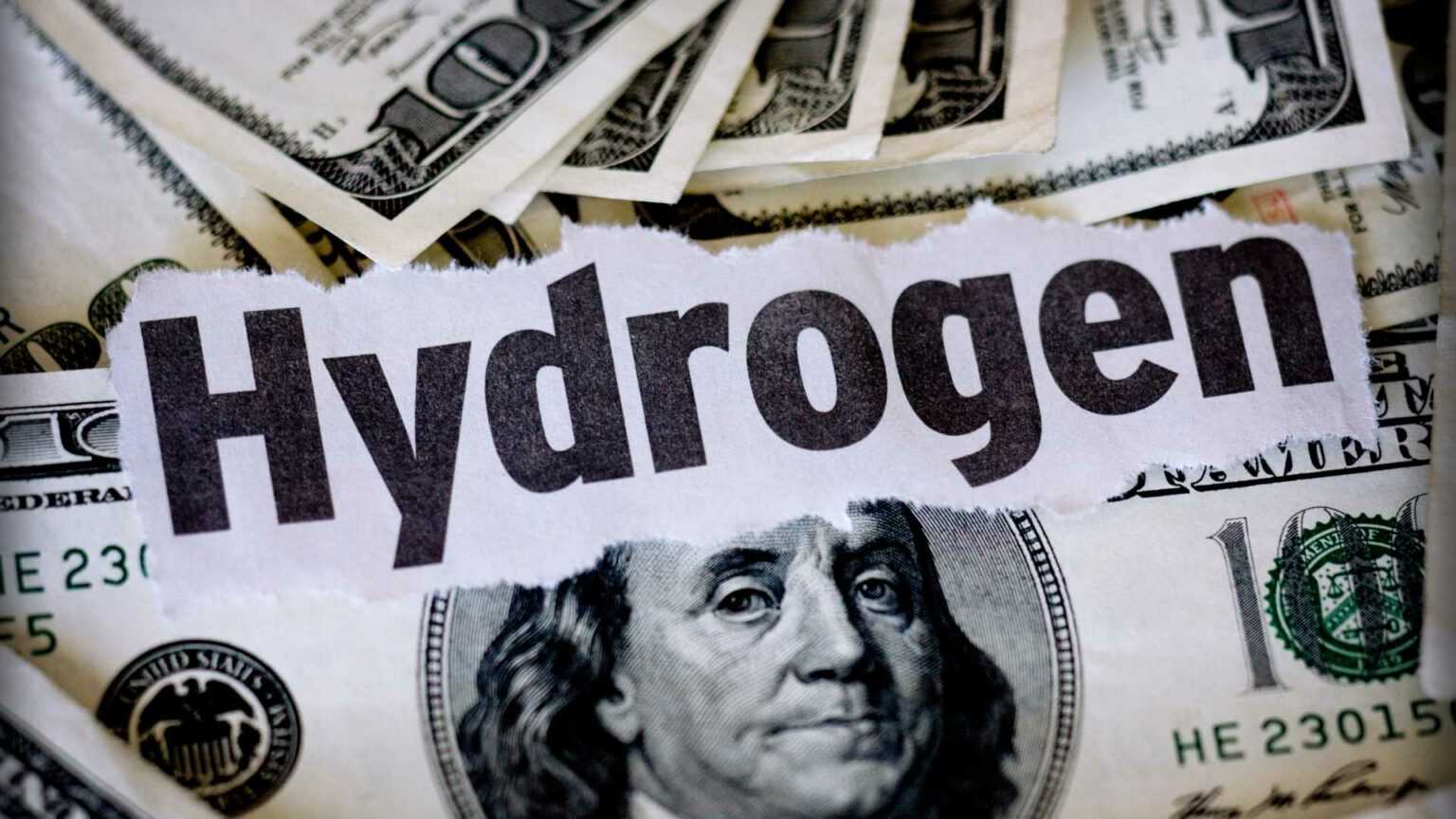The recent formalization of a €7.6 billion agreement between APPL Hydrogen Limited (AHL) and LONGi Green Energy Technology Company Limited marks a significant leap in Nigeria’s green hydrogen landscape. Slated for the Liberty Free Trade Zone in Akwa Ibom State, this venture firmly places Nigeria on the roadmap toward sustainable and renewable energy solutions. The project aligns with the global shift towards cleaner energy alternatives, with the Federal Government committed to driving the country’s transition to green energy.
Key figures in the agreement, such as Engr. Idara Ekpo of APPL Hydrogen and Francois Cui, Vice President of LONGi – Europe, underscore the strategic importance attributed to the project. This collaboration not only promises advancements in renewable energy but also embodies a concerted push towards industrial growth and technological innovation. Minister of Innovation, Science, and Technology, Chief Uche Nnaji, emphasized the project’s critical role in elevating Nigeria’s status in the global energy market, bolstering industrial development, job creation, and attracting foreign direct investment.
The economic ramifications of this initiative are substantial. As highlighted by Alhaji Bamanga Usman Jada, Managing Director of the Oil and Gas Free Trade Zone Authority, this endeavor could redefine Nigeria’s economic landscape through diversification, increased exports, and alleviation of foreign exchange challenges. Such progress is pivotal in addressing Nigeria’s dependencies on traditional energy resources while positioning it as a forerunner in the green economy.
The ambitious scope outlined by the CVO of APPL Hydrogen, Engr. Idara Ekpo, includes the production of one million, two hundred thousand metric tons per year of green hydrogen derivatives like green methanol. The downstream benefits from the initiative are noteworthy, producing outputs such as medical oxygen and food-grade carbon dioxide, thereby expanding the potential applications and market reach.
Challenges remain in harmonizing stakeholder interests and overcoming logistical and technological hurdles, critical in ensuring the project’s fruition. The Federal Government’s assurance of collaboration with the Akwa Ibom State Government is pivotal in streamlining cross-sector initiatives and facilitating early-stage support. This synergy is crucial for achieving a successful implementation, addressing both economic and environmental aspects.
Market dynamics also play a crucial role, with the global energy sector’s increasing lean towards sustainable resources. Although Nigeria is known for its oil reserves, the transition to green energy represents a calculated risk towards diversification. Thus, the success of this initiative will likely dictate future undertakings in the country’s energy landscape.
This substantial investment by AHL and LONGi reflects growing confidence in Nigeria’s potential to lead in renewable energy innovation, yet its success is contingent on overcoming anticipated barriers. These efforts will require concerted endeavors from both public and private sectors, fostering an ecosystem conducive to technological advancements and sustainable economic growth.
